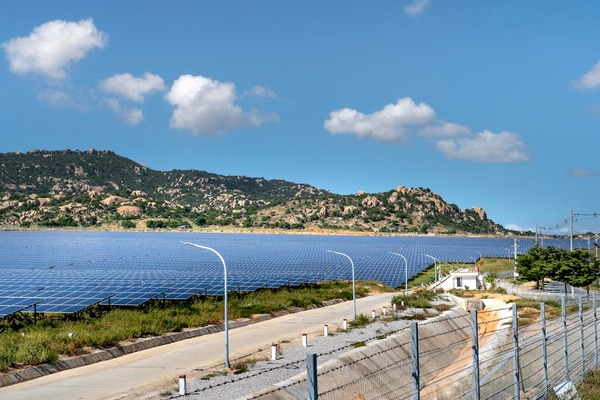Iraq is continuing talks to expand solar energy in several provinces. The Minister of Electricity, Ziyad Ali Fadel, recently in a meeting with officials from Masdar, a company based in the UAE. The conversation centered on the final steps needed to begin work on new solar power plants with a total capacity of 1,000 megawatts.
The proposed solar projects are planned for Maysan, Dhi Qar, and Anbar. Government officials and Masdar representatives discussed progress on contract agreements.
These solar plants are part of Iraq’s broader plan to bring more renewable energy into the national grid. By 2030, the government wants renewable sources to supply about a quarter of the country’s electricity. The current discussions are one part of that effort.
Iraq is planning to generate between 20 and 25 percent of its electricity from renewable sources by 2030. These new solar power projects are steps toward that target.
In addition to the larger solar farms, smaller renewable initiatives are underway. In 2024, a small-scale solar project was launched in Wasit province. It provides 5 MW of electricity to a local water treatment facility. This plant helps reduce diesel generator usage in that area.
Another smaller solar installation in Najaf supplies 2.5 MW to a university campus. It powers lights, cooling, and other equipment. The installation includes battery storage to maintain supply during the evening hours.
In Erbil, a hybrid renewable system was completed in early 2025. The system combines solar and wind energy. It serves a farming community and has a total output of 3.5 MW. It is used to power irrigation, storage units, and lighting.
These projects are part of a national plan supported by the Ministry of Electricity. The focus is on both large-scale energy production and localized clean energy use.


